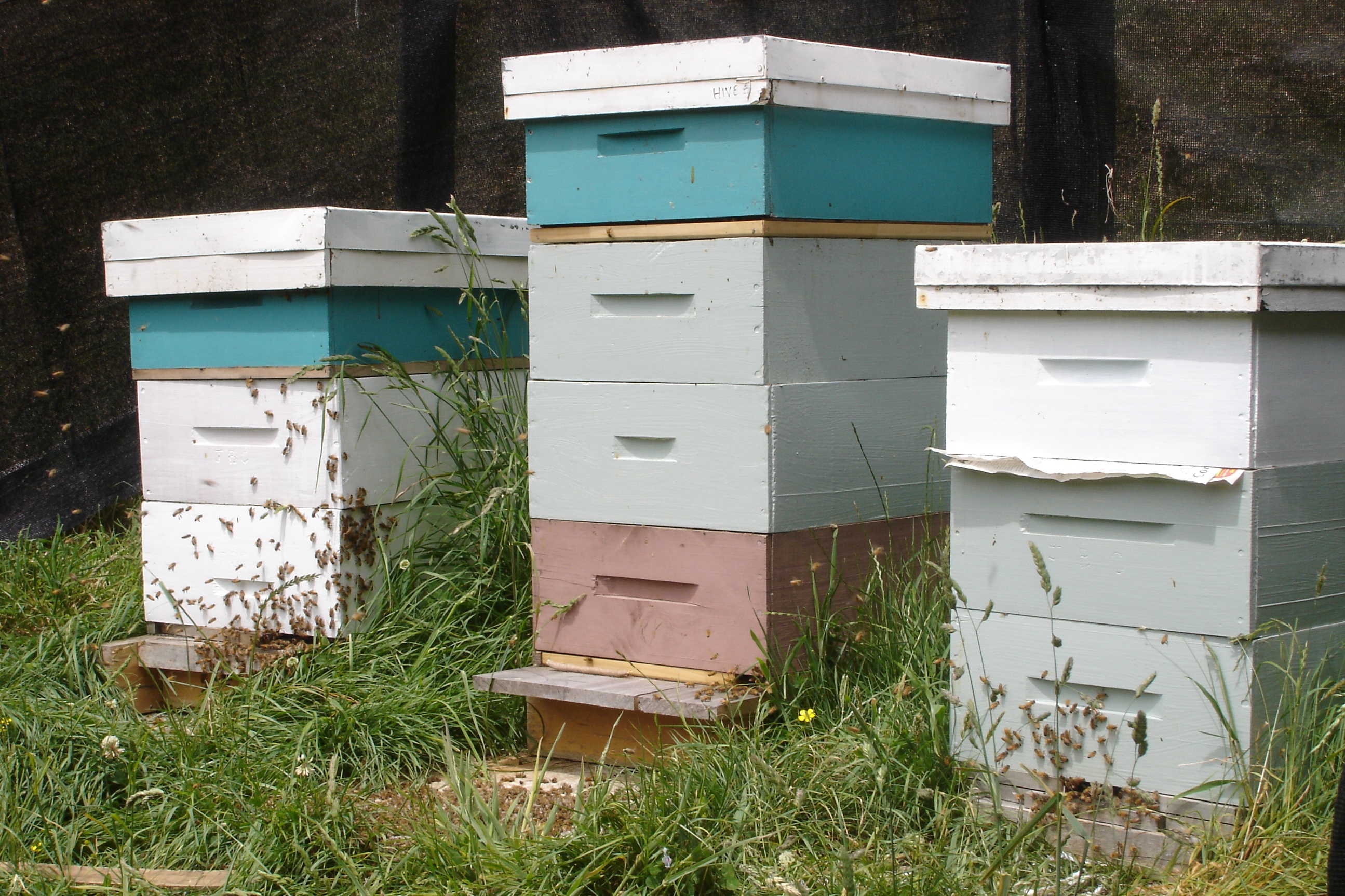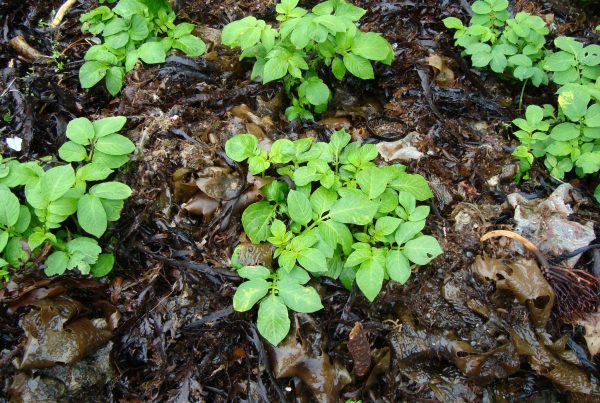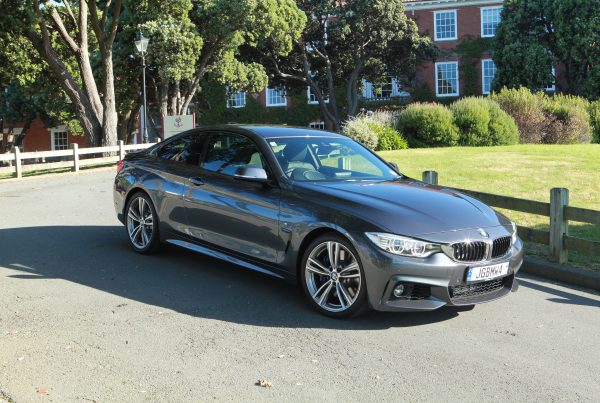
The beehive is a complex metropolis where tens of thousands of bees are governed by the pheromones of a single queen bee. Female worker bees make up about 85 percent of the bees in a hive. Their responsibilities in early life include cleaning, defence and controlling the temperature in the hive. Once they take flight, they forage tirelessly for pollen and nectar to feed themselves and the rest of the colony. They fly until their wings wear out, and have a life expectancy of only six to eight weeks in summer. The rest of the hive is filled with larger male ‘drone’ bees. Their only task in life is to chase and mate with virgin queen bees from other colonies on their nuptial flights, after which the drones die.
Beehiv
A strong bee colony will store extra supplies as honey. The jars of edible golden sweetness will be a welcome reward for a patient beekeeper. Harvesting and extracting the honey is a hot, sticky but delicious task at the end of summer. The smell of the beeswax, the sunshine glow of the amber comb and the first taste of honey from your own bees are unforgettable. The honey left in the hive feeds the bees through the winter and allows them to survive through cold and wet days when they can’t fly to gather food.
Beekeeping is a fascinating and rewarding hobby. There are a many beekeepers in Wellington and they’re always willing to help others who are interested in starting a hive. There’s never been a better time for us to lend our busy insect friends a helping hand.
- Wellington Community Education Centre runs beekeeping courses: cecwellington.ac.nz
- Wellington Beekeepers Association welcomes anyone interested in learning about bees or keeping them and meets on the first Wednesday of every month in Johnsonville: beehive.org.nz
- Wellington City Council by-laws allow beekeeping “in a manner that is not or is not likely to become a nuisance, dangerous, offensive, or injurious to health”: wcc.govt.nz
- If you want to trade or sell honey you’ll need to comply with government food safety requirements covering processing and labelling: foodsafety.govt.nz
- All beekeepers are legally required to register their beehives: nba.org.nz





